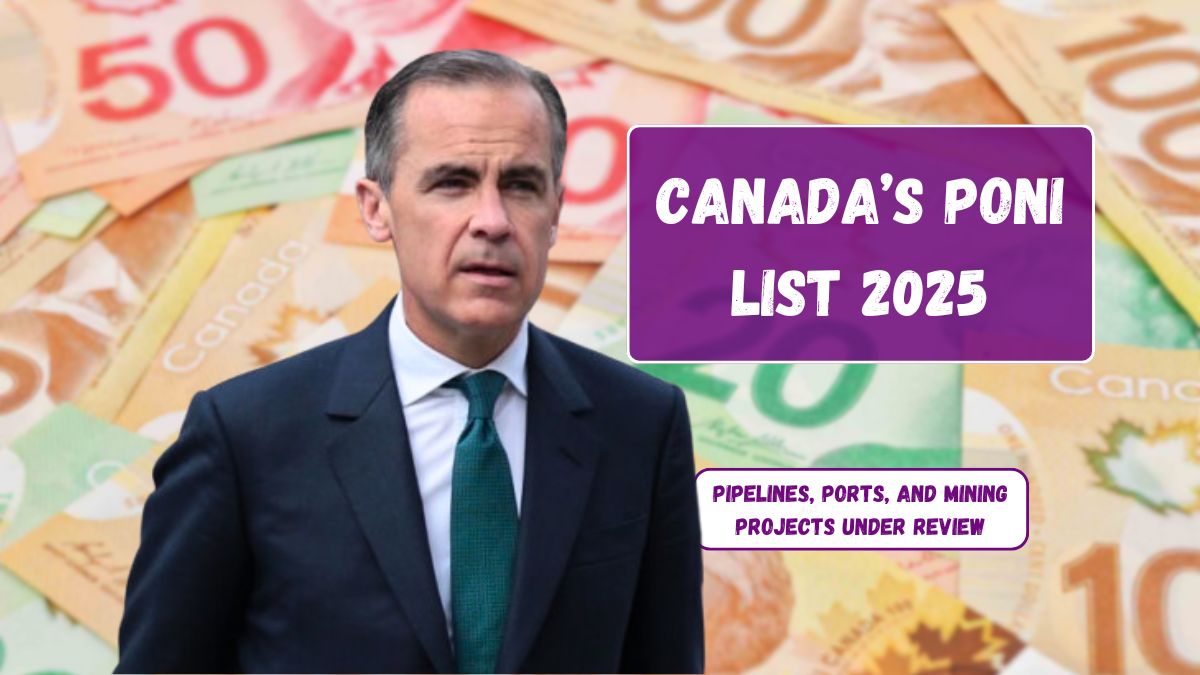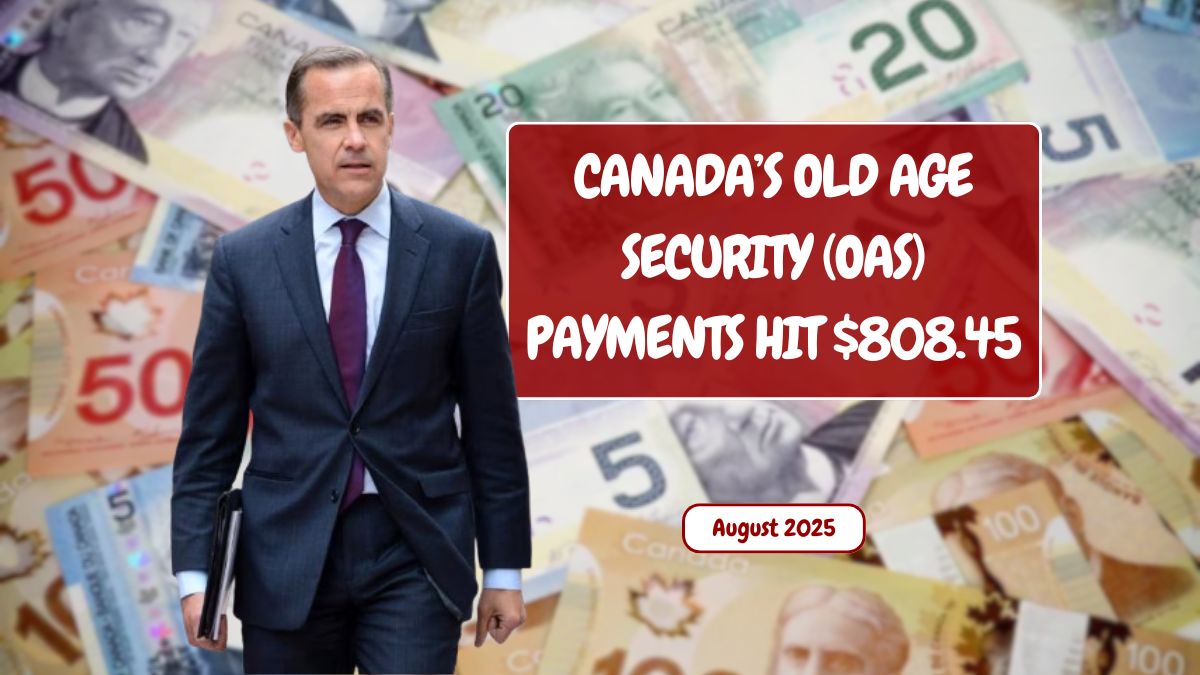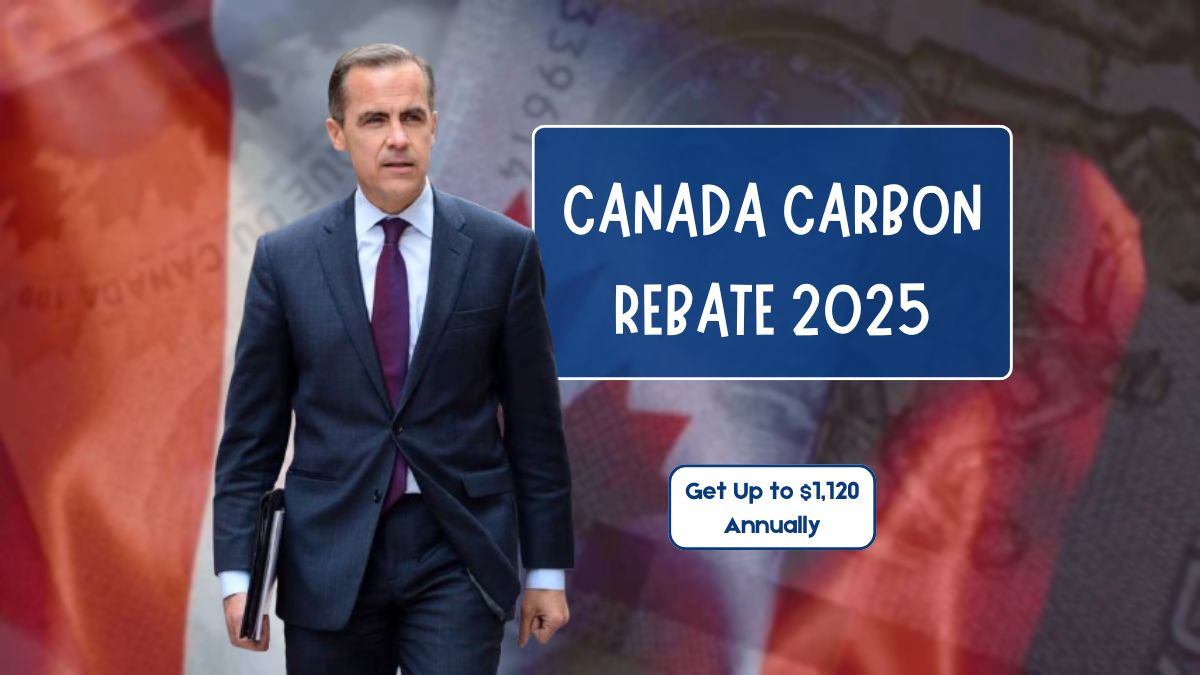The federal government is preparing to release its list of Projects of National Interest (PONIs)—major developments that could reshape Canada’s economy. Under Bill C-5, introduced by Mark Carney’s government, qualifying projects will move through an accelerated approval process.
But the key debate remains: will these PONIs truly deliver economic growth and jobs, or will they drain taxpayer funds without long-term results?
What are PONIs?
Projects of National Interest are large-scale initiatives intended to strengthen Canada’s economy and international trade. They include:
- Oil pipelines
- Railways and ports
- Mining zones
- Clean energy initiatives
To qualify, a project must:
- Strengthen Canadian independence and security
- Support climate and clean energy targets
- Benefit Indigenous communities
- Be close to shovel-ready with a strong chance of success
Major Projects
1. Northern Gateway 2.0 – Oil pipeline to the West Coast
- Proposed Alberta-to-B.C. pipeline to Prince Rupert
- Benefits: higher oil export capacity, thousands of jobs, stronger prices for Canadian crude
- Challenge: pipeline firms like Enbridge and TC Energy are reluctant after past failures; Alberta must attract new investors
2. Ontario’s Ring of Fire mining region
- Rich in nickel and lithium needed for EV batteries
- Could secure Canada’s place in the global EV supply chain
- Potential to create long-term mining jobs and advance clean energy
3. Pathways Alliance carbon capture project
- $20 billion project supported by private investors
- Positioned as shovel-ready and aligned with climate targets
- Could complement an oil pipeline expansion by balancing growth with emissions reduction
British Columbia’s Independent Approach
B.C. has already taken action through its Bill 15, fast-tracking 18 large projects without waiting for Ottawa. These include:
- Cedar LNG
- Highland Valley Copper Mine expansion
- Enbridge’s Aspen Point gas pipeline
Because these projects are backed by private capital, they avoided federal subsidies, highlighting a model that reduces taxpayer risk.
One notable project that may still deserve PONI status is the Roberts Bank Terminal expansion, already approved in 2023 but facing long environmental reviews.
Roberts Bank Terminal Expansion – National impact
- Jobs created: 132,400
- Wages: $9.3 billion
- GDP added: $16.3 billion
- Total economic impact: $32.7 billion
Granting it PONI status could accelerate construction and unlock its benefits.
Lessons from the Trans Mountain Expansion (TMX)
The TMX project illustrates the scale of benefits major infrastructure can bring:
| Metric | Value |
|---|---|
| Total Cost | $31 billion |
| Jobs Created | 36,917 |
| Economic Output | $52.8 billion |
| GDP Contribution | $26 billion |
| Wages Paid | $11 billion |
| Tax Revenue | $2.9 billion |
This success demonstrates why Canada must carefully prioritize projects with real national impact.
Key Challenges Ahead
For new oil pipelines, major policy shifts will be needed, including:
- Lifting the West Coast tanker ban
- Adjusting oil and gas emissions caps
- Exempting projects from restrictive environmental laws
Without these changes, private investors may stay away.
Meanwhile, some proposals—such as Grays Bay Road and Port in Nunavut or Churchill Port in Manitoba—require 100% public funding, raising questions about whether they are genuine nation-building projects or regional political gestures.
| Project | Location | Benefits | Private Investment | Status |
|---|---|---|---|---|
| Northern Gateway 2.0 | Alberta–B.C. | Oil exports, jobs | Needed | No investor yet |
| Ring of Fire | Ontario | Mining, clean energy | Partial | Early stage |
| Pathways Alliance | Alberta | Carbon capture | Yes | Shovel-ready |
| Roberts Bank Terminal | B.C. | Port expansion, GDP | Yes | Stalled in review |
| Grays Bay Road/Port | Northern Canada | Trade, access | No | Needs full funding |
| Churchill Port | Manitoba | Economic growth | No | Seeks federal support |
Nation-Building or Politics?
The success of the PONI program will depend on whether the government prioritises:
- Projects that expand exports
- Long-term job creation
- Partnerships with private investors
- Climate and clean energy alignment
If selections are driven by political interests rather than economic merit, taxpayers risk footing the bill for projects with little real return.
Canada’s future growth requires focusing on genuine nation-building projects—not short-term regional handouts.
FAQs
What are Projects of National Interest (PONIs)?
Large-scale projects like pipelines, ports, mining, and clean energy.
When will the PONI list be announced?
Expected in 2025 under Bill C-5.
Which projects are likely to be on the PONI list?
Northern Gateway 2.0, Ring of Fire mining, Pathways Alliance carbon capture.
Why is Roberts Bank Terminal expansion important?
It could create 132,400 jobs and add $16.3 billion to GDP.
Do all PONI projects need federal funding?
No, only some—others rely on private investors.





















